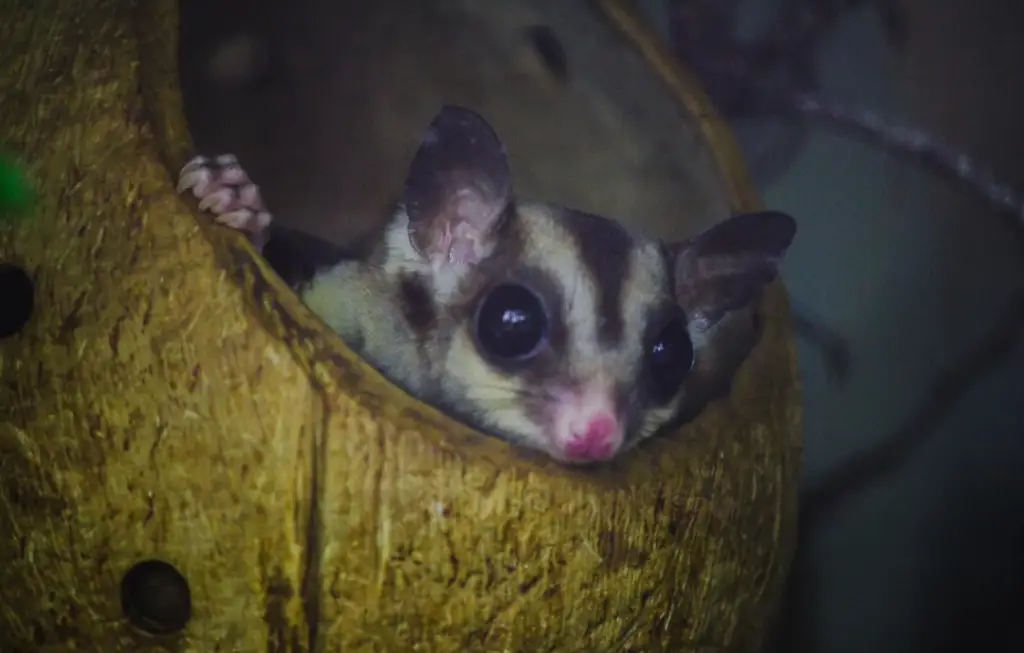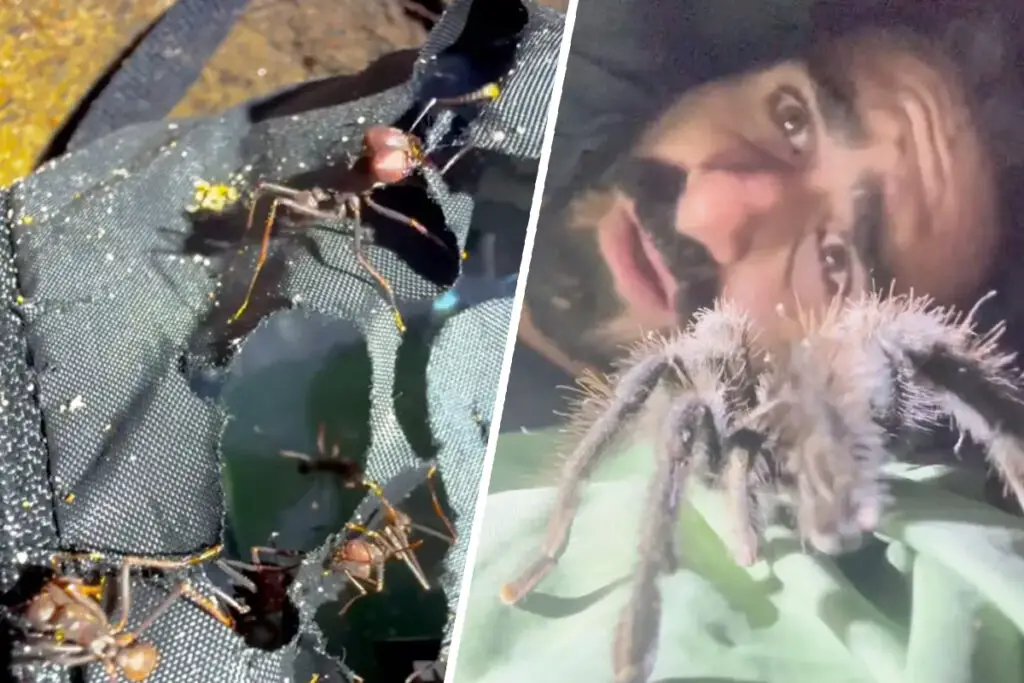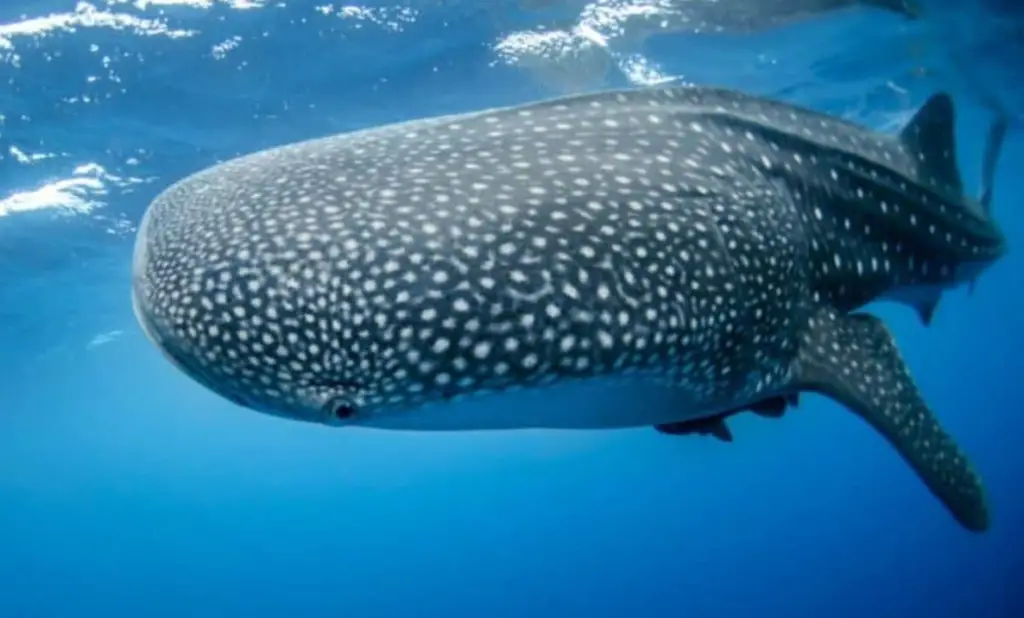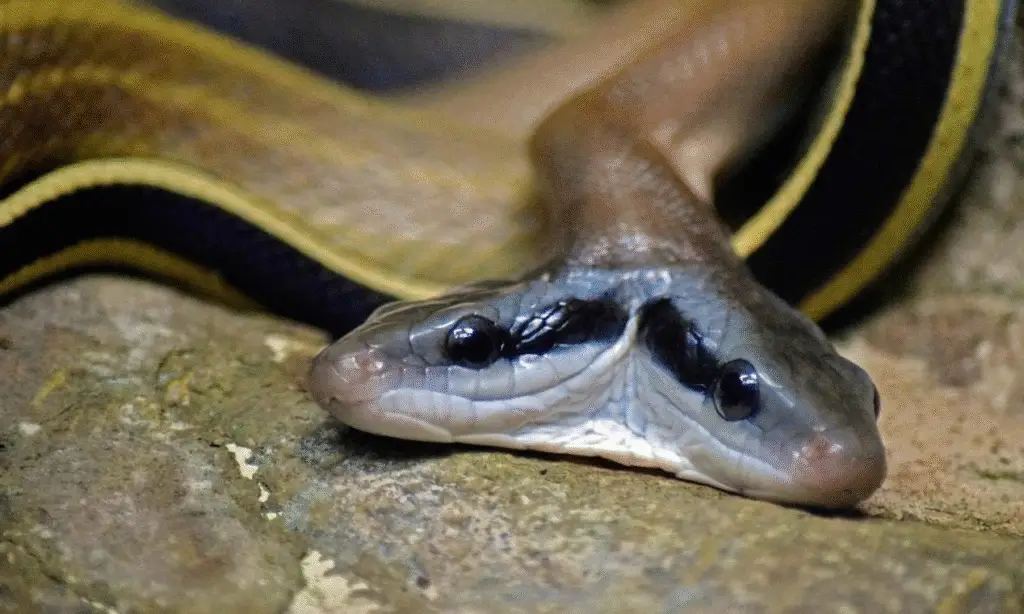Everything You Need to Know About Sugar Gliders

Move over, hamsters—there’s a new pocket-sized pet stealing the spotlight.
With their saucer-like eyes, Batman-like gliding skills, and penchant for curling into fuzzy pouches, sugar gliders are having a “moment” in the exotic pet world.
But before you rush to buy one because your cousin’s TikTok made them look like living Pokémon, let’s break down what these tiny marsupials really need.
Spoiler: It’s not just cute hashtags and cuddles.
What Even Is a Sugar Glider?
Picture a cross between a squirrel, a koala, and a paper airplane.
Sugar gliders (Petaurus breviceps) are nocturnal marsupials—think kangaroos’ tiny cousins—native to Australia and New Guinea.
Their party trick? A membrane stretching from wrist to ankle lets them glide up to 150 feet between trees.
Yes, 150 feet. (Take that, squirrels.) And those giant eyes? Night vision goggles for their after-dark escapades.
But here’s the kicker: They’re not rodents. “People see their size and think ‘gerbil,’ but biologically, they’re closer to kangaroos,” says Dr. Alicia Emerson, a veterinarian specializing in exotic pets. “That means their care is wildly different.”
So…Should You Get One?

Let’s cut to the chase: Sugar gliders aren’t “starter pets.” They’re social, live 12–15 years (longer than most dogs!), and need near-constant companionship.
“Imagine raising a toddler with wings who’s allergic to silence,” laughs Mark Simmons, a glider owner in Florida. “But when they nuzzle into your hoodie? Magic.”
Pros: They bond intensely with owners, are quieter than parrots (mostly), and their antics—spinning on wheels, hoarding mealworms—are pure comedy.
Cons: They’re nocturnal (say goodbye to unbroken sleep), need specialized vet care (good luck finding one), and must live in groups.
Solo gliders often spiral into depression, over-grooming until they go bald. Yikes.
Habitat Hacks: Think ‘Glider Disneyland’
In the wild, these guys live in tree hollows and party in packs.
Your job? Recreate that vibe. Cages need to be vertical—at least 36x24x40 inches—with bars no wider than 1 inch (escape artists, remember?).
Aviaries are gold standard, but if you’re stuck with a cage, add branches, shelves, and a solid running wheel (wire wheels = broken toes).
Pro tip: Rotate toys weekly. Bird swings, fleece pouches, and hamster wheels work, but gliders live for exploration.
“Mine stole my daughter’s LEGO once and turned it into a bunker,” says Simmons. “Weirdly, it worked.”
Diet Drama: Why Your Glider Isn’t a Picky Eater—It’s Starving

Forget kibble. In the wild, gliders eat gum from trees, bugs, and nectar.
Captive diets are tricky. Many owners screw up by feeding too much fruit (hello, diabetes) or worse—cat food.
“I’ve seen gliders with gout from high-protein diets,” warns Dr. Emerson.
The fix? A rotating menu: crickets dusted with calcium, veggies like jicama and bell peppers, and 5% fruit (mangoes, papayas).
Oh, and gut-load those insects. Translation: Feed your crickets kale and carrots before they become dinner. (“It’s like meal prep for bugs,” says Simmons.)
Medical Minefields: When Your Vet Googles ‘Sugar Glider’
Finding a glider-savvy vet is like hunting unicorns.
Many end up at cat/dog clinics where vets panic.
Common issues? Malnutrition (think: paralysis from calcium deficiency), obesity (thanks, overripe bananas), and “self-mutilation” from stress.
“Mine started balding after we moved apartments,” recalls Jenna Lee, a glider owner in Texas. “Turns out, he needed more cuddle time. They’re drama queens.”
The ‘No Baths, No Problems’ Cleaning Guide
Good news: Gliders are self-cleaning.
No shampoo needed! Bad news: Their cages aren’t.
Spot-clean daily, deep-clean weekly with vinegar or diluted bleach, and never use wood shavings (dust + glider lungs = disaster).

Bonding 101: Yes, They Bite
Socialization is non-negotiable.
Spend 1–2 hours daily letting them ride your shoulders or snooze in a fleece pouch.
But mishandle them? “They’ll scream like a banshee and chomp you,” warns Lee. “It’s like being stabbed by a staple.”
FAQs (Because You’re Still Curious)
How much? 150–150–1,000. Breeders charge top dollar for rare colors (hello, platinum gliders!).
Legal? Check local laws. They’re banned in Alaska, California, and Hawaii.
Do they stink? Males mark territory with a musky scent. “It’s…distinct,” says Simmons. “Like old fries and regret.”
Final Word
Sugar gliders are enchanting, high-maintenance companions.
They’ll cost you sleep, money, and maybe a fingertip. But for the right owner? “They’re tiny rock stars,” says Lee. “Just don’t say I didn’t warn you.”
Got glider FOMO? Hit pause. These pets aren’t impulse buys—they’re 15-year commitments with wings.
































